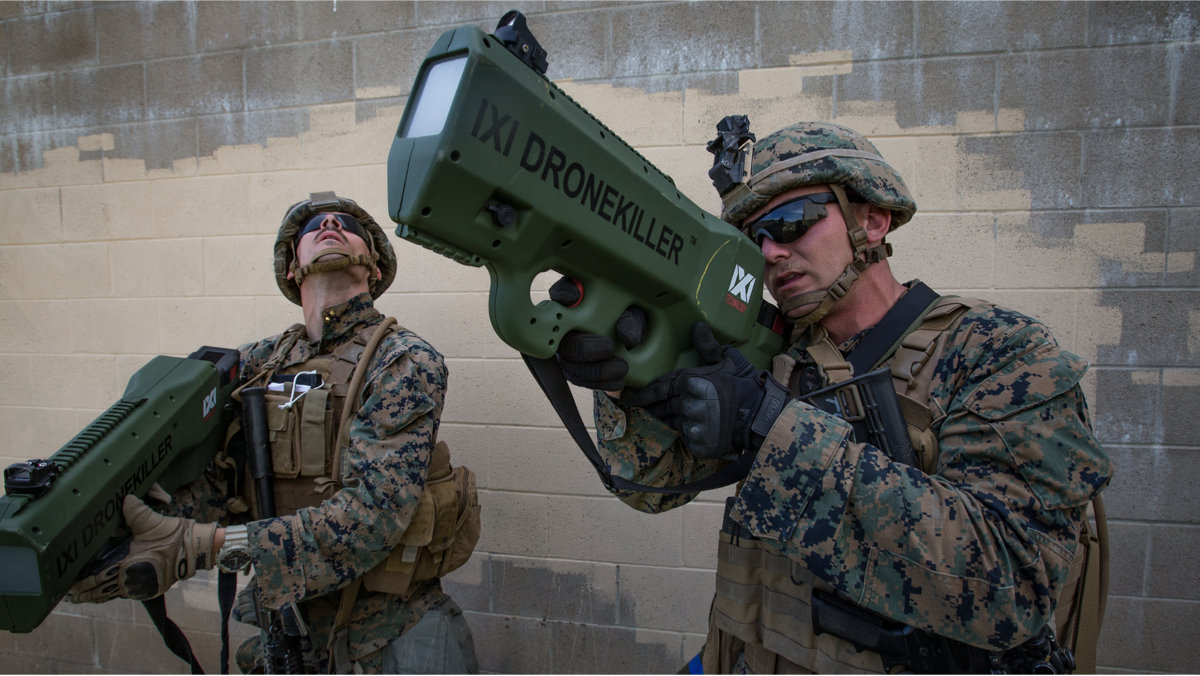The Senate Intelligence Committee gathered two expert panels on Wednesday for a discussion of the past, present and future of Russian interference in elections. Here's a few of the most significant topics discussed.
1. Votes in the 2016 election were not changed; Donald J. Trump remains our legitimate president.
The question was asked at least a dozen times, with the implications of the panelists' answers hanging in the air: Is there evidence of Russia altering votes in the 2016 elections?
Over and over, expert panelists from the Department of Homeland Security and the FBI assured the Senate Intelligence Committee of the legitimacy of the election results.
Russia targeted voter registration systems and did not alter the votes, acting DHS Deputy Undersecretary for Cybersecurity and Communications Jeanette Manfra said. In fact, the only measurable affect Russia had in the 2016 election was their acquiring of voter registration information in Illinois.
The executive director of Illinois State Board of Elections, Steve Sandvoss, spoke on the timeline of this hacking and reported that 76,000 registered voters were contacted as potential victims.
2. Voter system decentralization is a plus when it comes to hacking.
One benefit of the voting system as it stands is the fact that it is diverse, varying from state to state. It has no central system that can be hacked in one place.
Acting Director of the Cyber Division of the Office of Intelligence and Analysis at DHS Dr. Samuel Liles counted decentralization as a strength when he was doing risk assessments on the systems for the CIA because of its diffusion of vulnerability.
One thing to consider, however, is that there are about 10 significant counties that often determine the outcome of an election by changing only a few votes. Though not centralized, interference in these counties could do significant damage.
3. Voter system decentralization is a minus when it comes to information sharing.
There is confusion, even between the panelists and the committee, about the notification methods between the DHS and individual states after the breaches occurred.
Manfra said all system owners of the 21 attacked states were notified, whether that is an elected official or the election system vendor is yet to be reported by the DHS. However, some members of the committee were critical of this and viewed it as something that needed to be standardized in the name of preparedness and transparency.
Manfra did not disclose the names of the 19 other states that were hacked. Two have volunteered the information: Arizona and Illinois.
4. A University of Michigan professor has hacked into voting systems, changed votes and wasnt caught.
Panelist Dr. J. Alex Halderman, Professor of Computer Science and Engineering at the University of Michigan, brought the expert hacker's perspective to the hearing.
Halderman said he has successfully hacked many voting systems in an academic setting and in 2010 he said he changed vote tallies in a Washington, D.C. system and was not detected.
He warned of the many vulnerabilities in the election system currently employed, emphasizing the danger to hacking that connecting the equipment to the internet can bring. He pointed to the vendors that create voting kiosks, mentioning that the programs and kiosks could be compromised before even leaving the vendor.
Halderman said he believes foreign entities have the capability to do this.
"If we fail to act I think it's only a matter of time until a major election is disrupted or stolen in a cyberattack," he said.
Halderman advised the committee that the best way to ensure accurate vote tallies in the upcoming elections would be to create a paper back-up of votes paired with sufficient auditing to confirm accurate results.
5. Even if Russia doesnt change votes, they still created doubt in the validity of the result.
Sen. Marco Rubio, R-Fla., said it best: "Even the news that a hacker from a foreign government could have gotten into the computer system is enough to create the specter of a losing candidate arguing 'the election was rigged.'"
Rubio argued that it didn't matter that Russia didn't alter vote tallies. He claimed their hacking, though unsuccessful in changing the winner of the election, was successful in undermining voter confidence and creating doubt in the system itself.
Aaron Boyd is an awarding-winning journalist currently serving as editor of Federal Times — a Washington, D.C. institution covering federal workforce and contracting for more than 50 years — and Fifth Domain — a news and information hub focused on cybersecurity and cyberwar from a civilian, military and international perspective.








